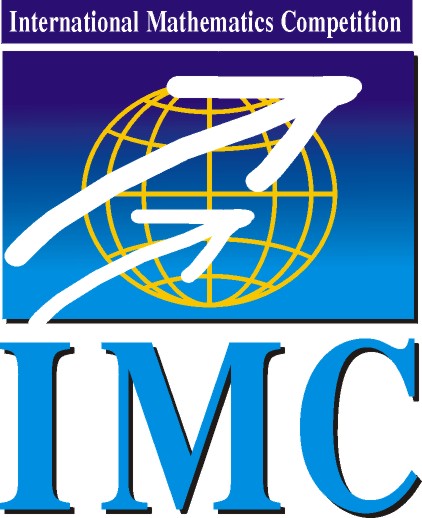
|
International Mathematics Competition
|
IMC 2026 |
| Information | Results | Problems & Solutions |
IMC2019: Day 2, Problem 7
Problem 7.
Let \(\displaystyle C=\{4,6,8,9,10,\ldots\}\) be the set of composite positive integers. For each \(\displaystyle n\in C\) let \(\displaystyle a_n\) be the smallest positive integer \(\displaystyle k\) such that \(\displaystyle k!\) is divisible by \(\displaystyle n\). Determine whether the following series converges:
| \(\displaystyle \sum_{n\in C}\Bigl(\frac{a_n}{n}\Bigr)^n . \) | \(\displaystyle (1) \) |
Proposed by Orif Ibrogimov, ETH Zurich and National University of Uzbekistan
Solution. The series (1) converges. We will show that \(\displaystyle \frac{a_n}{n}\le\frac23\) for \(\displaystyle n>4\); then the geometric series \(\displaystyle \sum\left(\frac23\right)^n\) majorizes (1).
Case 1: \(\displaystyle n\) has at least two distinct prime divisors. Then \(\displaystyle n\) can be factored as \(\displaystyle n=qr\) with some co-prime positive integers \(\displaystyle q,r\geq2\); without loss of generality we can assume \(\displaystyle q>r\). Notice that \(\displaystyle q\,\big\vert\, q!\) and \(\displaystyle r\,\big\vert\, r! \,\big\vert\, q!\), so \(\displaystyle n=qr\,\big\vert\, q!\); this shows \(\displaystyle a_n\le q\) and therefore
\(\displaystyle \frac{a_n}{n} \le \frac{q}{n} = \frac1r \le \frac12 .\)
Case 2: \(\displaystyle n\) is the square of a prime, \(\displaystyle n=p^2\) with some prime \(\displaystyle p\ge3\). From \(\displaystyle p^2\,\big\vert\, p\cdot 2p\,\big\vert\, (2p)!\) we obtain \(\displaystyle a_n=2p\), so
\(\displaystyle \frac{a_n}{n}=\frac{2p}{p^2}=\frac2p\le\frac23. \)
Case 3: \(\displaystyle n\) is a prime power, \(\displaystyle n=p^k\) with some prime \(\displaystyle p\) and \(\displaystyle k\ge3\). Notice that \(\displaystyle n=p^k\,\big\vert\, p\cdot p^2\cdots p^{k-1}\), so \(\displaystyle a_n\le p^{k-1}\) and therefore
\(\displaystyle \frac{a_n}{n} \le \frac{p^{k-1}}{p^k} = \frac1p\le \frac12. \)
© IMC